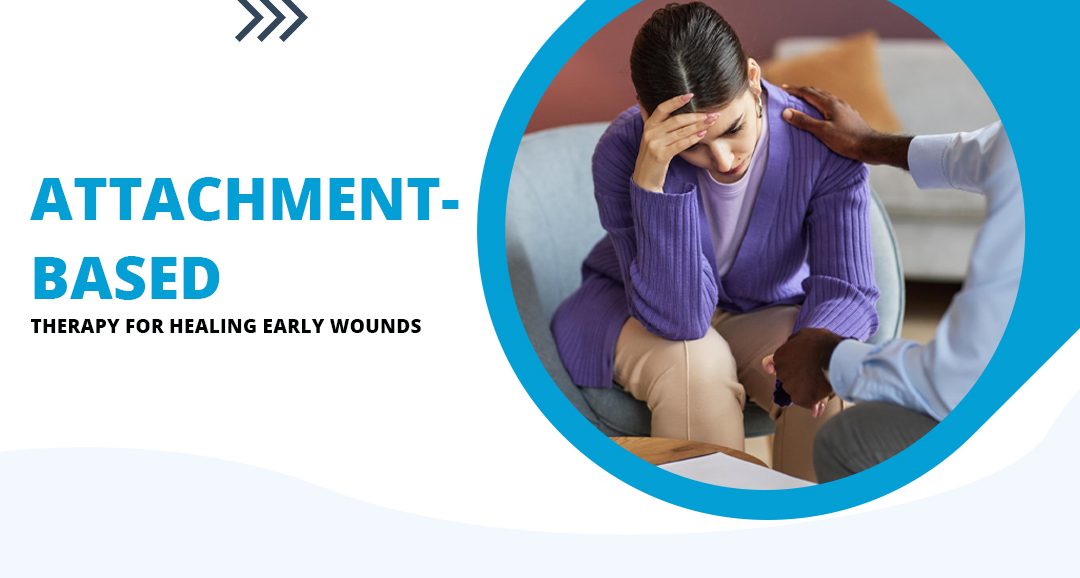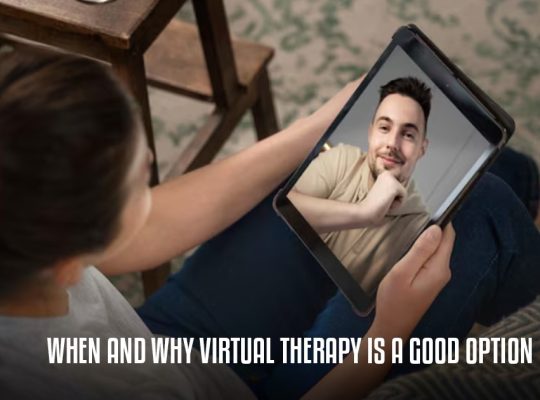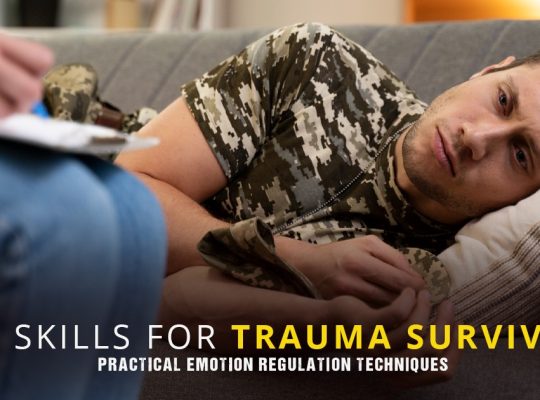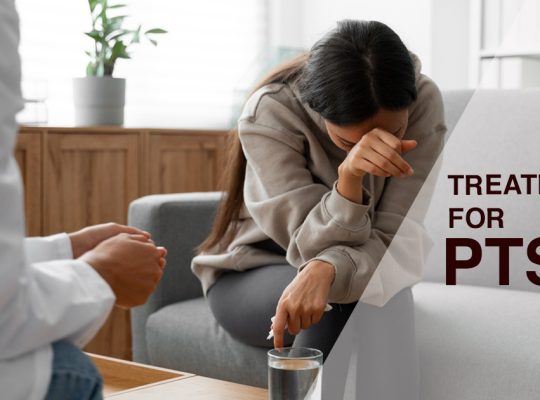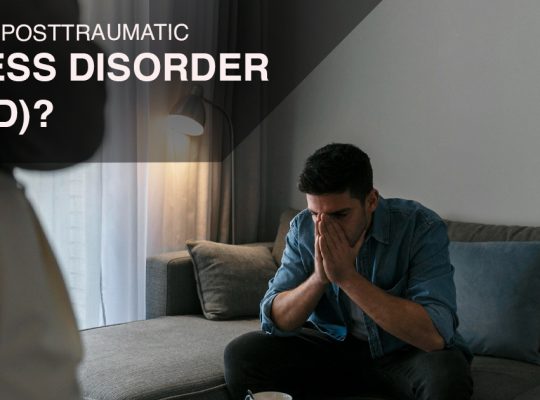Our earliest relationships shape the way we see ourselves and others. When those bonds are strong, they give us a sense of safety and trust. But when they’re disrupted, through neglect, loss, or inconsistent care, they can leave deep emotional scars. These scars, often referred to as attachment wounds, don’t just disappear with time. They can show up in adulthood as difficulties in relationships, struggles with self-worth, or challenges in regulating emotions.
At Austin Trauma Therapy Center (ATTC), we help clients find healing and growth through the proven approach of Attachment-Based Therapy.
Understanding Attachment Wounds
Attachment wounds develop when a child’s emotional or physical needs are not consistently met. This can look like being ignored, experiencing abandonment, or living with unpredictable caregiving. Over time, these early disruptions may affect how a person views themselves and how they connect with others. Many adults facing anxiety, depression, or relationship struggles are often dealing with unrecognized attachment trauma.
How Attachment-Based Therapy Helps
Attachment-based therapy focuses on creating a safe and supportive space where clients can re-examine these early relational experiences. With guidance, individuals begin to identify old patterns and rewrite the story they tell themselves.
This therapeutic process is not about blaming parents or caregivers; it’s about understanding what was missing and learning healthier ways to relate. At ATTC, therapists help clients build new emotional tools that encourage trust, empathy, and connection in their current relationships.
The Process of Treating Attachment Trauma
Treating attachment trauma involves more than just talking through memories. It’s about carefully exploring how the past influences present behavior. For example, someone with abandonment wounds may withdraw from relationships to avoid rejection, while another may cling too tightly to avoid being left.
Therapists at ATTC use techniques that foster emotional regulation, strengthen self-awareness, and encourage secure connections. By working slowly and consistently, clients begin to experience relationships in healthier, more balanced ways.
Why Healing Attachment Wounds Matters?
Without healing, attachment wounds can quietly shape every aspect of life. They can make trust difficult, intimacy frightening, or conflict overwhelming. But with therapy, people can learn that they don’t have to repeat old cycles.
Healing means more than “fixing” the past; it’s about creating a stronger foundation for the future. Clients often find that once they begin healing attachment wounds, their relationships feel more authentic, and they develop a deeper sense of self-compassion.
What Makes ATTC Different?
At Austin Trauma Therapy Center, we specialize in trauma-focused therapies designed to address these deep emotional injuries. Our therapists understand the sensitivity of this work and create a nonjudgmental, supportive space for healing. We believe that therapy should feel collaborative, where clients are respected and guided, not pushed. By tailoring sessions to each individual’s needs, ATTC helps clients move toward lasting change and healthier connections.
Start Your Journey Toward Healing
Early wounds may leave lasting impressions, but they don’t define your story. With the support of Attachment-Based Therapy, it’s possible to understand old patterns, heal from past hurts, and build stronger, healthier relationships. At Austin Trauma Therapy Center (ATTC), we’re here to walk alongside you in that process.
Reach out to ATTC today and take the first step toward repairing attachment wounds and reclaiming your sense of self.
FAQs
1. What is Attachment-Based Therapy?
It’s a therapeutic approach that focuses on understanding and repairing the impact of early relational experiences on present behavior and emotions.
2. How do I know if I have attachment wounds?
Signs may include difficulty trusting others, fear of abandonment, challenges with intimacy, or ongoing patterns of unhealthy relationships.
3. Can treating attachment trauma help with anxiety or depression?
Yes. Many mental health concerns are connected to unresolved attachment issues, and therapy can provide long-term relief.
4. How long does it take to heal attachment wounds?
The process is different for everyone. Some clients notice changes within months, while others take longer, depending on their history and goals.
5. Why choose Austin Trauma Therapy Center for this work?
ATTC specializes in trauma-focused approaches, offering compassionate, individualized care to support clients in overcoming deep emotional wounds.

